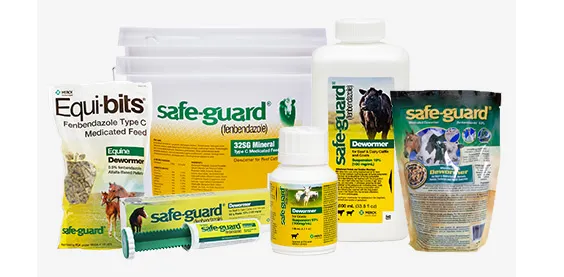In recent years, many people have begun exploring unconventional routes when facing serious diagnoses. One name that keeps surfacing in alternative health communities is Fenbendazole. But what is it—and why is it generating such attention in discussions about cancer?
From Animal Dewormer to Cancer Curiosity
Fenbendazole is an antiparasitic medication commonly used in veterinary medicine, particularly for dogs, puppies, and livestock, to treat internal parasites such as roundworms and hookworms. Marketed under brand names like Panacur and Safeguard Horse Dewormer, it has long been trusted for its safety and effectiveness.
But lately, this humble canine medication has captured the curiosity of scientists and patients alike. Some preliminary lab research shows that Fenbendazole may interfere with cancer cell growth by disrupting microtubule formation—key structures in cell division. It may also help reactivate the p53 gene, which plays a major role in tumor suppression.
Why Are People Talking About Fenbendazole for Cancer?
While Fenbendazole is not FDA-approved for human cancer treatment, its off-label use is being researched and discussed because of three major reasons:

1. Long-Term Animal Safety Data
It’s been used for decades with low reported side effects in animals—even with repeated dosing. This has encouraged some people to explore its potential in human cancer support protocols, especially in low, intermittent doses.
2. Supportive Anecdotes and Personal Reports
Although clinical trials are limited, many individuals share stories about taking Fenbendazole for humans alongside conventional treatments like chemotherapy and radiation. While these reports aren’t formal evidence, they do highlight areas that warrant further research.
3. Early Research in Labs
Studies involving mice and cell lines suggest anti-cancer activity worth exploring further. This has ignited interest in drug repurposing, where medications developed for one condition are tested for another.

Buyer Beware—Scams Are Everywhere
Unfortunately, increased demand has led to a surge in fake or contaminated Fenbendazole products sold online. Some disreputable vendors use AI-generated endorsements or even falsified lab certificates.
Here’s how to protect yourself:
- Do not buy Fenbendazole pills labeled for human use. The veterinary form is typically granules or paste.
- Request third-party lab tests and ensure they are verifiable.
- Avoid anyone promising “cancer cures” or using celebrity likenesses without authorization.
- Look for legitimate compounders or stick to trusted veterinary brands used under a professional’s guidance.

Healing Is Holistic: Mindset Still Matters
A key takeaway from many who have incorporated Fenbendazole into their wellness plans: mindset and lifestyle matter.
Your immune response, inflammation levels, diet, and sleep all play a critical role in recovery. Fenbendazole may act as a tool in your toolkit, but it’s not a magic bullet. True healing addresses the body, mind, and spirit.
In Summary
- Fenbendazole is a well-known veterinary dewormer now being explored for potential anti-cancer properties.
- Research is still emerging, but anecdotal support has made it popular in alternative health communities.
- Buyer caution is crucial due to widespread scams.
- A holistic mindset, professional guidance, and smart choices can all play an important role in outcomes.






